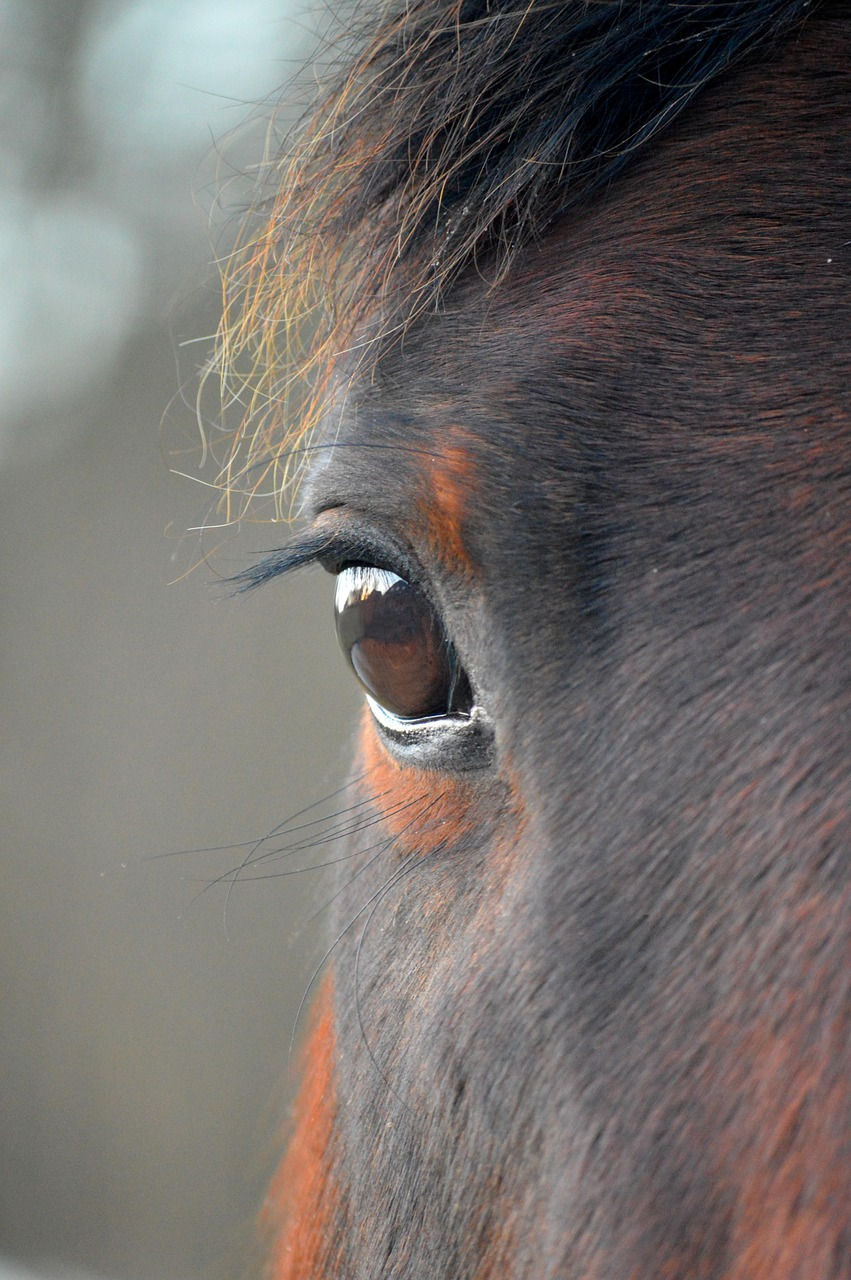Why Did My Horse Do That?
- Suzy Maloney B.Eq.Sc.
- Mar 4, 2024
- 3 min read
Updated: Apr 6, 2024

Understanding equine behaviour is a cornerstone of horsemanship, encompassing a delicate balance of observation, empathy, and curiosity. Horses communicate primarily through body language and actions, often leaving us intrigued by their motivations. We desire to comprehend the motivations driving a horse's actions.
There are many factors influencing a horse's actions ranging from instinctual responses to environmental stimuli, past experiences, physical discomfort, and emotional states. Understanding requires an investigation into the horse's past encounters, temperament, and current surroundings. Understanding the "why" can empower us to meet the unique needs of each horse, enhancing their quality of life, overall welfare, and ease with training.
While this is necessary and desirable, like all good things we can fall prey to doing it too much. The perennial question that has confounded equestrians for centuries: ‘Why did my horse do that?’ can go too far. Every action seems to invite speculation and inquiry. As we delve deeper into the intricacies of equine behaviour, we may find ourselves in a labyrinth of uncertainty, grappling with the elusive nature of the "why" question. This pursuit of understanding, while noble, can lead down a rabbit hole of frustration and bewilderment, echoing the broader human propensity to overanalyse and drive oneself crazy with relentless questioning. This in turn stops us from being present with our horses. As our minds go over and over the why question we are firmly in our heads and not present in our body with our horse. In this state it can sometimes be difficult to deal with the behaviour that’s presently occurring.
Horses, like humans, are sentient beings with their own unique personalities, motivations, and instincts. While centuries of domestication have forged a partnership between humans and horses, bridging the gap between our species remains a perpetual challenge. Despite our best efforts to communicate and empathize with our equine counterparts, there are moments when their actions defy rational explanation.
As any seasoned equestrian will attest, things are rarely straightforward in the world of horses. The more we probe into the reasons behind their actions, the more elusive the answers may become. Is the horse fearful, asserting independence, misunderstanding, sensing something amiss in the surroundings? Each possibility opens a Pandora's box of conjecture, inviting endless mental speculation.
This quest for understanding can quickly spiral into a cycle of obsession and self-doubt. Riders find themselves embroiled in a constant internal dialogue, second-guessing their every decision, and dissecting the minutiae of their horse's behaviour. Every sideways glance or flick of the ear becomes laden with significance, prompting an endless stream of questions. In our relentless pursuit of answers, we risk losing sight of the joy and spontaneity that drew us to horses in the first place, trapped in a maze of our own making.
While the temptation to unravel the mysteries of equine behaviour may be irresistible, it is essential to recognize the limits of our understanding. Horses, like all living beings, are shaped by a complex interplay of genetics, environment, and individual experience. While we can strive to empathize with their perspective and refine our training methods, there will always be aspects of their behaviour that elude explanation. Embracing this uncertainty is not a sign of weakness but an understanding that there will always be mysteries in life, and that is ok.
In the end, perhaps the most profound lesson that horses teach us is the importance of letting go of our need for control and certainty. Instead of fixating on the elusive question of "why," we can learn to embrace the beauty of the moment. By embracing the inherent mystery of horses and relinquishing the need for absolute answers, we can cultivate a deeper appreciation for the bond between human and horse, grounded in trust, empathy, and mutual respect.
Happy Horses Bitless
Considerate Horsemanship
Ph: 0401 249 263
Email: suzy@happyhorsesbitless.com
Facebook: Happy Horses Bitless Bridles



Comments